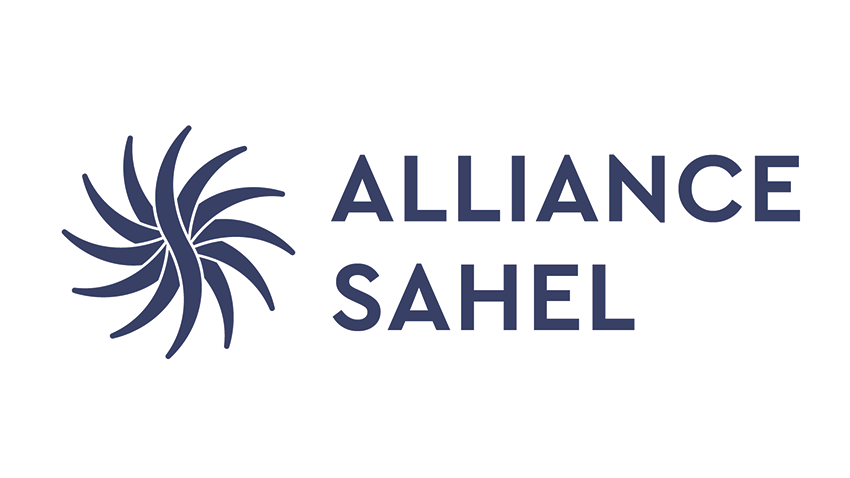House entrance in the oasis town of Oualata, Mauritania
Copyright© chugues, via flickr, CC BY-SA 2.0
Mauritania
Mauritania serves as a link between the Arab Maghreb countries and the countries south of the Sahara. This is reflected, for example, in the ethnic composition of its population. Some 30 per cent are Arab Moors, while around 30 per cent are members of sub-Saharan African ethnic groups. The remaining 40 per cent or so belong to the Haratin group, which is comprised of the descendants of former slaves who integrated themselves into the Moorish population.
Mauritania is one of the least developed countries in the world. Approximately 80 per cent of the country is desert; agricultural production is only possible in the south, in the valley of the Senegal River, which is the only river in the country that carries water throughout the year.
A considerable proportion of the population lives in poverty. The education and the health system and public administration are in need of fundamental reform. On the current United Nations Human Development Index (HDI), Mauritania is ranked 163rd out of 193 countries.
German development cooperation with Mauritania
Mauritania’s economic and social development is heavily dependent on contributions from the international donor community. The work of the Federal Ministry for Economic Cooperation and Development (BMZ) is geared, in particular, towards creating economic, political and social opportunities for young people, women and disadvantaged ethnic communities. An overarching goal is to prevent terrorist activities by groups from the neighbouring countries of Mali, Burkina Faso, Niger and Chad from spilling over into Mauritania.
At the German-Mauritanian government negotiations in 2021, 36.7 million euros was committed for 2021 and 2022, with 19 million euros being earmarked for Financial Cooperation and 17.7 million euros for Technical Cooperation. Since the government negotiations, Mauritania has also received funding via the BMZ’s Special Initiatives “Stability and Development in the MENA Region”, “Displaced Persons and Host Countries” and “Transformation of Agricultural and Food Systems”.
Regional cooperation
As part of its regional development cooperation, Germany is supporting, in particular, projects by the World Food Programme (WFP) and the United Nations Children’s Fund (UNICEF). Support is also being provided for a World Bank programme that assists poor and particularly vulnerable households in the Sahel region in becoming more resilient against the effects of climate change (Sahel Adaptive Social Protection Program).
Regional alliance G5 and the Sahel Alliance
In 2014, Mauritania, Mali, Burkina Faso, Niger and Chad formed the regional G5 Sahel Alliance (External link). The Alliance has both a military and a development-related component. Germany is supporting the G5 in terms of both security and development policy. The BMZ’s engagement in the Sahel is solely in the field of development cooperation.
With a view to better coordinating the international involvement in the region and making it more effective, the Sahel Alliance was created in 2017. Its work is focused mainly on the core areas of education and youth employment, rural development and food security, climate and energy, good governance, basic needs and decentralisation.
COVID-19 pandemic Support for health facilities
The COVID-19 pandemic presented massive health-related and socio-economic challenges for Mauritania. Germany supported its partner country in overcoming the crisis. Almost 100 hospitals and municipal health centres were supplied with protective equipment, for instance. In addition, awareness-raising campaigns were promoted with the purpose of countering the spread of the virus and the increase in domestic violence. A study was also financed to assess the impact of the crisis on food security in the country, and funding was provided for hygiene measures to keep the fisheries sector afloat.
SDG trends for Mauritania
- On track or maintaining SDG achievement
- Moderately improving
- Stagnating
- Decreasing
- Trend information unavailable

























